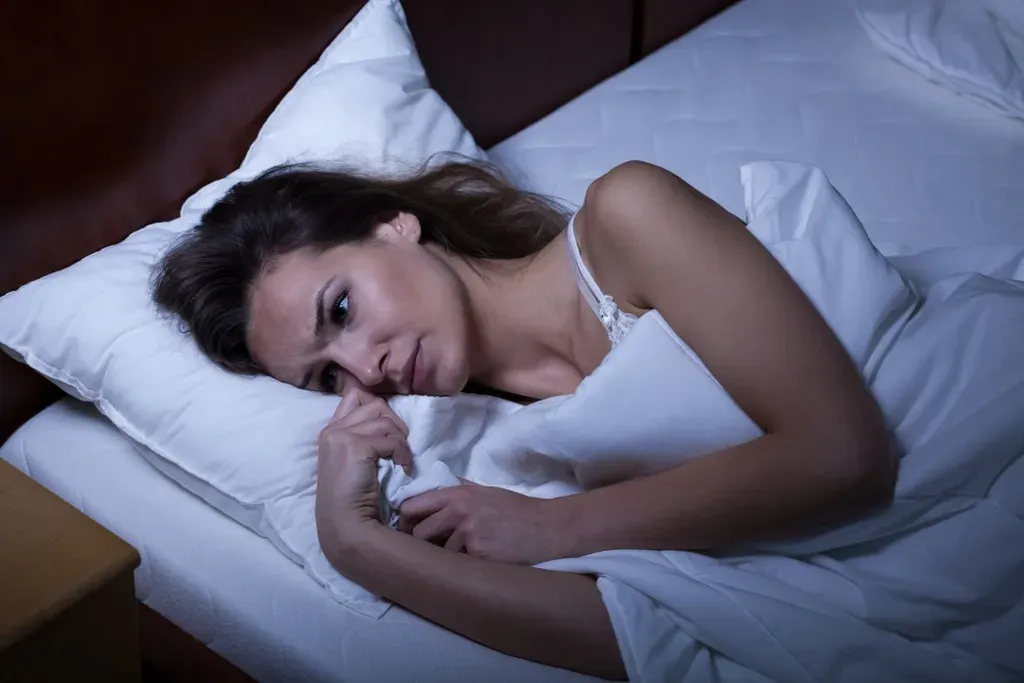
If you have trouble either falling asleep or staying asleep, you have a lot of company. The Centers for Disease Control and Prevention estimates that one-third of US adults don’t get enough sleep. Insomnia tends to affect women more than men, and it can get worse as you get older if it’s not addressed at the time. Both men and women over 65 years old are particularly affected by insomnia, with as many as 75% experiencing insomnia regularly.
If this is a particular problem that plagues you, you don’t have to suffer with it in silence. The medical community has many different methods in which to help manage insomnia. The providers at Nurocoach explain more about how to manage your insomnia and (finally) get a good night’s sleep again.
Simply put, insomnia is when one has difficulty falling or staying asleep and it is the most common sleep disorder that is seen in medicine. Sleep disorders generally interfere with your ability to get a full night’s rest. Some of the other common causes of sleep disorders, which may or may not include insomnia, are the following:
It’s worth mentioning that many mental health disorders are also associated with insomnia. If you have depression, anxiety, or PTSD, for example - they may be the root cause of the insomnia.
Everyone gets a bout of insomnia sometimes. You may not be able to fall asleep because your mind is racing, which is not necessarily a problem, but rather an effect of our modern lifestyles. Our lives get stressful, and sometimes it interferes with sleep.
Acute insomnia is usually short-lived. You might have trouble sleeping for a short period, often due to circumstances in your life. This problem usually resolves itself within a few weeks without any other interventions.
Chronic insomnia is longer-lasting, as the name suggests. It is defined as difficulty falling asleep at least 3 times a week, lasting more than a month and cannot be fully explained by a medical condition. You may need some help dealing with this problem to sleep well again.
There are other types of insomnia as well. You may have onset insomnia, which means you have trouble falling asleep. You could also have maintenance insomnia, which means you can’t remain asleep. Asking for help can manage this quite well.
Sleep hygiene refers to your habits around going to bed. As recommended by every medical organization, you should maintain proper sleep hygiene. The following establish good practices for sleep hygiene:
You may want to try keeping a sleep log, recording what you were doing that day before bed, to discover your specific triggers leading to a poor night’s rest.
If you’re already following good sleep hygiene habits, you may still need extra help to get your sleep back on track. There’s no reason to feel shame about seeking help.
Some of the treatments that are offered to help with sleep issues are listed below:
Cognitive-behavioral therapy, or CBT, is a common treatment method that involves changing your thought processes, particularly surrounding sleep. Some CBT methods for treating insomnia include getting out of bed if you can’t sleep (called stimulus control); sleep restriction, which tries to gradually move a habit of going to bed too late earlier; and bright light therapy, which is used either in the morning or at night, depending on the particulars of your sleep problems.
Sometimes, medication can help you manage insomnia, either by helping you fall asleep earlier or by helping you stay asleep. These medications can be as simple as melatonin, a supplement available over the counter. Or they can be medications only available by prescription. It may take a few tries to learn which medication and dosage works for you, so don’t give up if your first attempt doesn’t work as well as you hope. And remember that medications (even melatonin) are intended to be used on a short term basis as using them for long periods of time can adversely affect your sleep patterns and sleep hygiene in general.
If you’re having trouble sleeping and it lasts more than just a couple of nights, you deserve to get it checked out. Contact the providers at Nurocoach today or request an appointment online for a consultation.